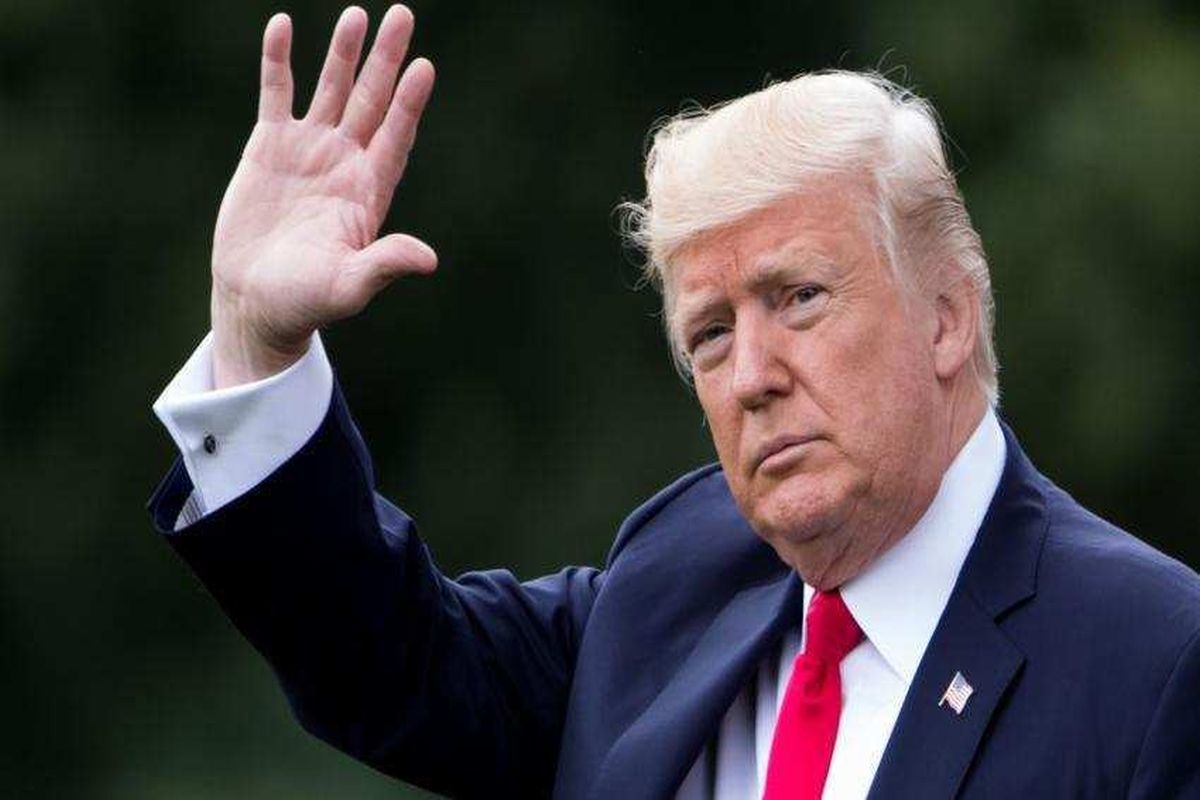Both Donald Trump and the Taliban have reacted with almost competitive promptitude to the US decision to cancel the secret peace talks on Afghanistan at Camp David.
The US President made the surprise announcement that the negotiations would be called off after the Taliban claimed responsibility for a blast in Kabul that killed 12 people, including a US soldier.
Indubitably, the death of the American soldier was the immediate provocation for the cancellation of the talks. The Taliban has greeted Mr Trump’s cancellation with the warning that the “snub meant more American lives would be lost”.
Mr Trump does have a point when he avers that “if they cannot agree to a ceasefire during these very important peace talks, and would even kill 12 innocent people, then they probably don’t have the power to negotiate a meaningful agreement anyway.” From one abortive endeavour to another. From Doha to Camp David in Maryland, the occasionally touted “peace talks” with the Taliban have either been infructuous or have hit the buffers even before the two sides head for the high table.
Mr Trump’s secret plans perhaps underlined the faith the US President puts on personal diplomacy, even with people whom previous Heads of State would have avoided meeting.
The Taliban had confirmed in a statement that it had been asked in late August by Trump to visit the US. “While America and Afghan allies have killed hundreds of Afghans, it doesn’t show patience and experience to react to an attack [by the Taliban] prior to signing the deal.” The militant group has vowed to continue its jihad, but has left open the possibility of resuming negotiations. Suhail Shaheen, a spokesman for the Taliban’s political office in Doha, where negotiations have been taking place, said an agreement had been “finalised” a few days ago and that both sides agreed the deal would be announced by the Qatari government. No such development has happened; on the contrary, both the militants and the Trump administration are now firm in their resolve.
The sore festers still. American negotiators said they had reached an “agreement in principle” with Taliban leaders over nine rounds of talks in Qatar aimed at facilitating the withdrawal of the roughly 13,000 US troops who remain in Afghanistan nearly 18 years since the military campaign commenced.
And the attempt to “smoke out” Bin Laden from the camps of Tora Bora came a cropper. Crucially, the Camp David talks would have been held three days short of the anniversary of the 11 September 2001 terrorist attacks by the Al Qaida militants who were being harboured in Afghanistan by the then ruling Taliban regime, indeed the raison d’etre for the US led invasion of the country a few weeks later.
Most of the terms of the provisional peace agreement are classified but it would include the withdrawal of 5,000 American soldiers from five bases across Afghanistan by early next year. The Taliban would agree to renounce Al Qaida, fight the Isis, and stop jihadists from using the country as a safe haven. It is stalemate once again and it shall not be easy for one side to face the other.











